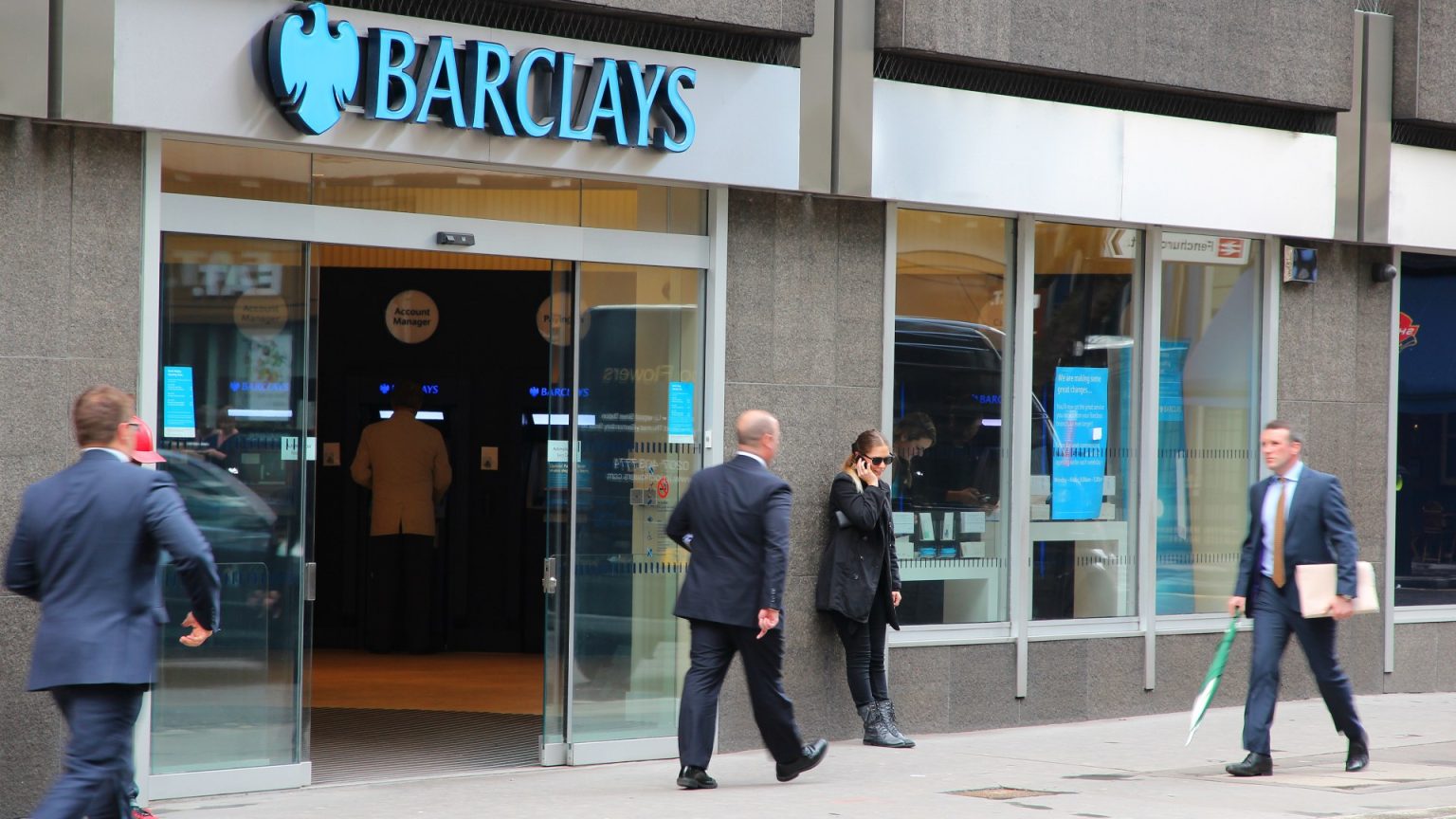Barclays bank has come under severe criticism for its approach to evaluating customer service provided to vulnerable individuals. The bank employed a controversial method of using “mystery shoppers” who were either genuinely disabled or instructed to feign disabilities such as blindness, deafness, or mobility impairments. These mystery shoppers were paid £45 each to visit Barclays branches and assess how staff members interacted with them, subsequently reporting their experiences based on these 1,600 orchestrated visits. The research firm Ipsos, hired by Barclays to recruit participants, specifically targeted existing Barclays customers, raising concerns about the potential for biased feedback. While preference was given to individuals with actual impairments, the instruction sheet provided by Barclays shockingly revealed that participants could “fabricate a backstory” about their disability if needed. This revelation sparked outrage among disability advocacy groups, who condemned the practice as deeply disrespectful and trivializing the lived experiences of individuals with disabilities.
The core issue lies in Barclays’ apparent disregard for the genuine challenges faced by disabled individuals. By encouraging participants to simulate disabilities, the bank undermined the authenticity of the feedback collected. Critics argued that this method failed to capture the nuances and complexities of interacting with customers who have genuine disabilities, potentially leading to superficial and inaccurate assessments of staff performance. Furthermore, the instruction to “provide feedback from the point-of-view of a customer with a real vulnerability,” even when fabricating a disability, added another layer of concern. This requirement placed an unreasonable burden on participants to accurately portray the perspectives of individuals with disabilities, a task that requires genuine lived experience and understanding.
Disability charities and advocacy groups strongly condemned Barclays’ approach, labeling it as “inappropriate” and “insulting.” Andrew Hodgson of the National Federation of the Blind UK articulated the sentiment of many by stating that the bank’s actions were an “insult to all blind, deafblind, and partially sighted people.” The practice of incentivizing individuals to feign disabilities was viewed as minimizing the daily struggles and systemic barriers faced by the disabled community. The implication that disabilities could be easily simulated for a monetary reward further trivialized the profound impact that these conditions have on individuals’ lives.
The central concern revolves around the ethical implications of encouraging individuals to misrepresent themselves as disabled for the purpose of a customer service evaluation. This practice not only disrespects genuine lived experiences but also risks perpetuating harmful stereotypes about disability. By allowing participants to fabricate disabilities, Barclays created an artificial environment that failed to adequately reflect the genuine challenges faced by disabled customers in real-world interactions. This artificiality undermined the validity of the data collected and ultimately failed to serve the intended purpose of improving customer service for vulnerable individuals.
In response to the widespread criticism, Barclays issued a statement acknowledging the shortcomings of its approach. The bank stated its commitment to providing excellent service to all customers and admitted that it could have handled the situation better. While the statement expressed a desire to improve, it stopped short of a full apology for the offense caused to the disability community. This lack of a genuine apology further fueled the criticism, with many calling for a more sincere and concrete commitment to addressing the underlying issues of inclusivity and respect for disabled individuals.
The Barclays incident underscores the importance of genuine engagement and consultation with disability communities when developing strategies for improving accessibility and inclusivity. Authentic representation and understanding of lived experiences are crucial for creating meaningful change. Rather than relying on simulated scenarios, businesses and organizations should prioritize collaborating directly with disabled individuals to gain valuable insights and develop truly effective solutions. This incident serves as a cautionary tale, highlighting the potential for well-intentioned initiatives to backfire when they fail to incorporate the perspectives and experiences of the communities they aim to serve.











